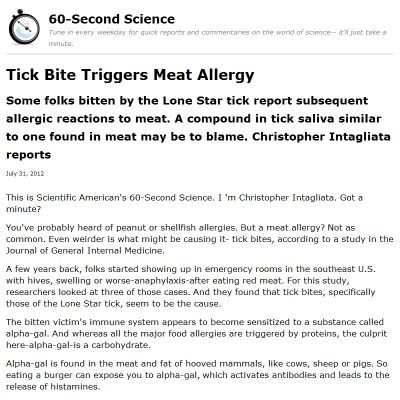
Understanding the Symptoms of Tick Bite
Tick bites can be a cause for concern, especially if you’re spending time in tick-prone areas. Recognizing the symptoms of a tick bite is crucial for timely treatment and prevention of tick-borne diseases. In this detailed guide, we’ll explore the various symptoms you might experience after a tick bite, helping you to be better prepared and informed.
Immediate Symptoms

After a tick bite, you might notice some immediate symptoms. These can include:
| Immediate Symptoms | Description |
|---|---|
| Redness | Immediate redness around the bite area is common. |
| Pain or Itching | Some people may feel pain or itching at the bite site. |
| Swelling | Swelling around the bite can occur. |
Delayed Symptoms

It’s important to note that some symptoms may not appear immediately after a tick bite. Delayed symptoms can include:
| Delayed Symptoms | Description |
|---|---|
| Rash | A rash may develop around the bite area, often resembling a bull’s-eye. |
| Fever | High fever can be a sign of infection. |
| Headaches | Severe headaches may occur. |
| Joint Pain | Pain in the joints can be a symptom of infection. |
| Stiff Neck | A stiff neck may indicate a serious infection. |
Tick-Borne Diseases

Tick bites can lead to various tick-borne diseases, such as Lyme disease, Rocky Mountain spotted fever, and ehrlichiosis. Here are some symptoms associated with these diseases:
| Tick-Borne Disease | Common Symptoms |
|---|---|
| Lyme Disease | Rash, fever, headache, fatigue, joint pain, and stiff neck. |
| Rocky Mountain Spotted Fever | Fever, headache, nausea, vomiting, muscle pain, and rash. |
| Ehrlichiosis | Fever, headache, muscle aches, fatigue, and sometimes a rash. |
When to Seek Medical Attention
It’s essential to seek medical attention if you experience any of the following symptoms after a tick bite:
- A rash that expands or is accompanied by flu-like symptoms.
- A fever that persists for more than a few days.
- Severe headaches, stiff neck, or confusion.
- Joint pain or swelling.
- Difficulty breathing or swallowing.
Prevention and Treatment
Preventing tick bites is the best way to avoid tick-borne diseases. Here are some tips for prevention:
- Wear long sleeves and pants when in tick-prone areas.
- Use insect repellent containing DEET or picaridin.
- Perform regular tick checks on yourself and your pets.
- Remove ticks promptly using fine-tipped tweezers.
In case of a tick bite, it’s important to clean the bite area with soap and water. If you notice any symptoms of infection or tick-borne disease, consult a healthcare professional for appropriate treatment.
Understanding the symptoms of a tick bite can help you take timely action and protect your health. By being aware of the potential risks and taking preventive measures







